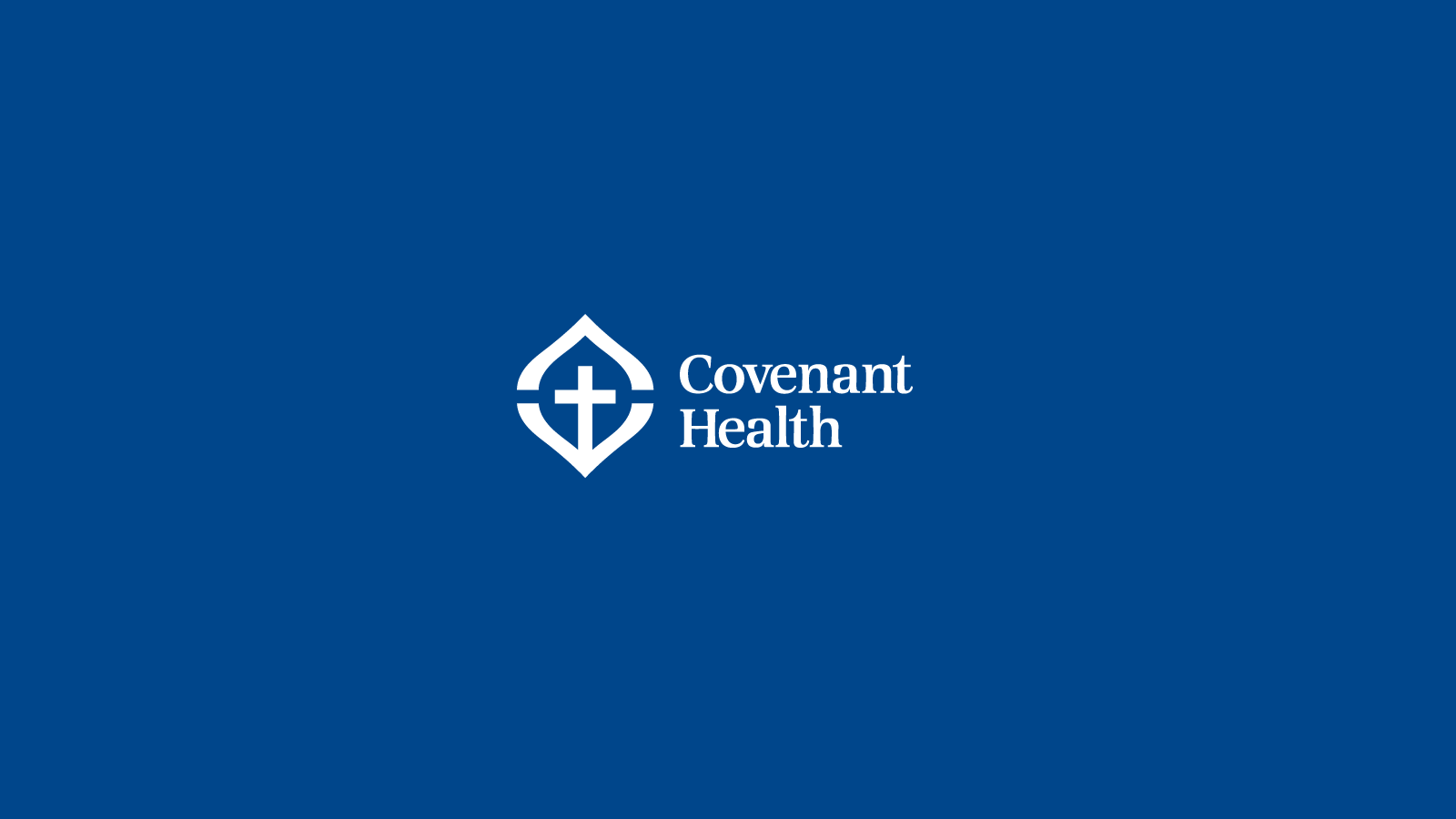Busting nutrition myths
Dietitians share facts and fiction around healthy eating

September 14, 2020
By Alicia Johnson, Covenant Health
Fad diets, juice cleanses and detoxes are all the rage, but are the health benefits fact or fiction?
There are a lot of myths about nutrition, says dietitian Christiana Dizon. She often hears of people’s confusion about nutrition through her work at the Grey Nuns Community Hospital. She says people are often drawn to believing a myth because of a desire to see results quickly. Christiana explains that the Internet is partly to blame since it is the most common way people find nutrition information.
“People don’t necessarily know if they are hearing a myth because there is so much information out there. So when there is so much contradicting information, and nutrition recommendations change with new scientific findings, it’s hard for people to recognize what they should be doing,” says Christiana.
The best way to steer clear of incorrect information is to go directly to a credible source such as Unlockfood.ca, Health Canada, Dietitians.ca, the Canadian Food Guide or your dietitian, says Christiana. She says it is important to watch out for fad diets and quick fixes and to remember that if it sounds too good to be true, it’s probably not accurate.
Christiana and Erika Rodning, also a dietitian at the Grey Nuns, talk about common nutrition myths in the video below and provide additional tips.

More nutrition myths busted by Christiana and Erika
1. Everyone should eat gluten-free.
It’s true that people who are celiac need to completely eliminate gluten from their diets since it will damage their intestines. However, people who haven’t been diagnosed with celiac disease aren’t making a healthier choice by avoiding gluten. By going gluten-free without having celiac disease, you are eliminating many nutritious foods from your diet.
2. The keto diet is best for weight loss.
The low-carb, high-fat keto diet has many health risks and is very hard to maintain. In the beginning, most people see notable weight loss because they are eliminating many foods. But as people go back to their regular eating habits, the weight returns.
3. Carbs are bad for you.
Carbohydrates, which include whole grains, vegetables, legumes and more, are very good for you. Our brain and organs need a certain amount of carbohydrates a day. For example, our brain needs 100 to 125 grams of carbohydrates. If you deplete your body of too many carbs, you will go into ketosis, which is the starvation process for your body.
4. Frozen vegetables aren’t as healthy as fresh ones.
Frozen vegetables are picked at peak freshness, making them just as healthy or healthier than fresh vegetables.